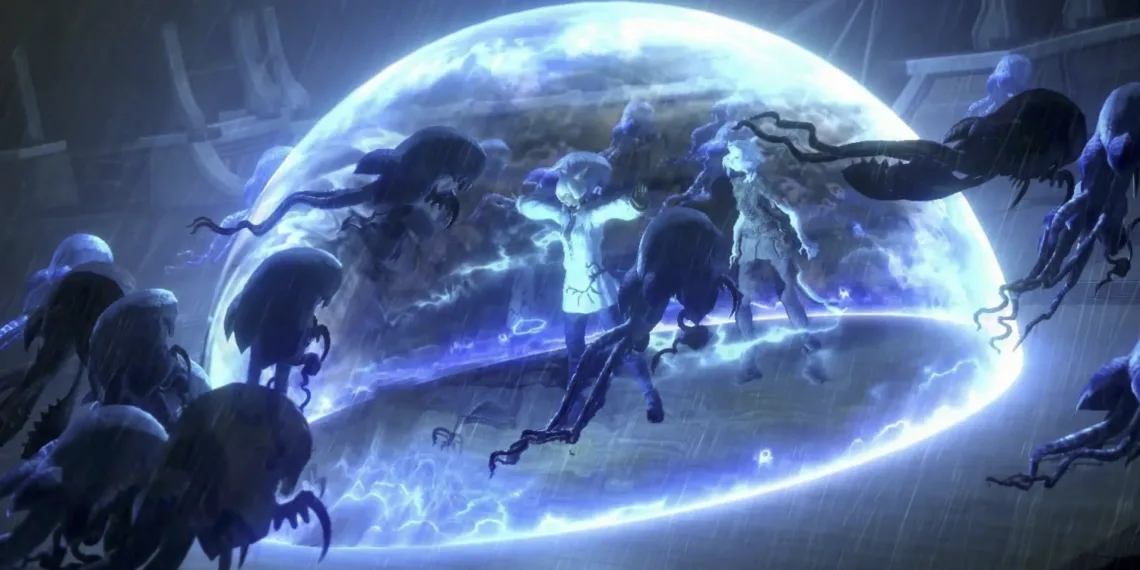The upcoming Dungeons & Dragons 2024 Dungeon Master’s Guide features newly revised guidelines regarding firearms and their usage, which is great for allowing you and your Dungeon Masters (DMs) to integrate weapons that extend beyond traditional fantasy themes. However, some groups might face difficulties in achieving a balance between the might of these powerful guns and that of more conventional weapons, such as swords and bows.
Guns in Dungeons & Dragons are expected to inflict greater damage compared to older weapons. But how can DMs prevent players from becoming overwhelmingly powerful? A variety of strategies exists for DMs to manage the damage disparity of these firearms, ensuring they remain significant while avoiding any one player from overshadowing their companions.
Limiting Ammo in D&D Can Make Firearm Usage Less Common
A Unique Weapon Reserved for Emergencies
While many groups do not bother keeping track of arrows or bolts for their ranged fighters, this is typically part of the standard D&D rules. However, monitoring ammunition for firearms becomes more crucial since the reloading mechanics and cost of bullets offer straightforward ways to balance their effectiveness. Unlike swords or bows, which can be fired continuously, gun users may occasionally need to spend an action to reload, which can consume valuable combat time.
It’s certainly possible to take specific feats to bypass this reloading issue, but when a player focuses their entire character build around using these weapons, it seems fair to allow them greater efficiency in their usage.
Additionally, bullets are usually rare and costly, in contrast to wooden arrows. Players could explore ways to create their ammo, adding depth to their roleplay experiences, perhaps even crafting unique bullets for specific effects. However, permitting players to misuse these high-damage weapons without restraint could make the damage from conventional arms appear quite meager.
Turn Them into Hard-Earned Rewards
Another potential approach is to make these weapons particularly challenging to master, requiring extensive training to wield effectively compared to other weapons, even for fighters. This approach could create a rewarding experience for players pursuing these tools, almost akin to the way spellcasters may learn or develop new spells in D&D today.
Lastly, DMs have the option to boost the damage output of other weapons. They can modify the rules as needed to suit the dynamics of their group, potentially increasing enemy health or introducing larger enemy numbers. These methods for balancing gameplay might stray from the original rules, but they can enhance the enjoyment of the game for all players, making it a worthwhile exchange.





